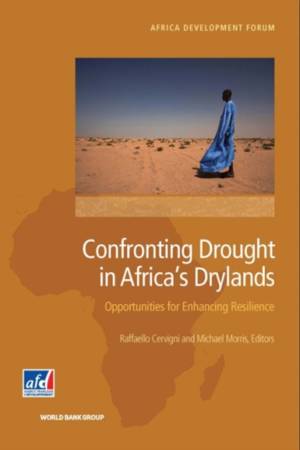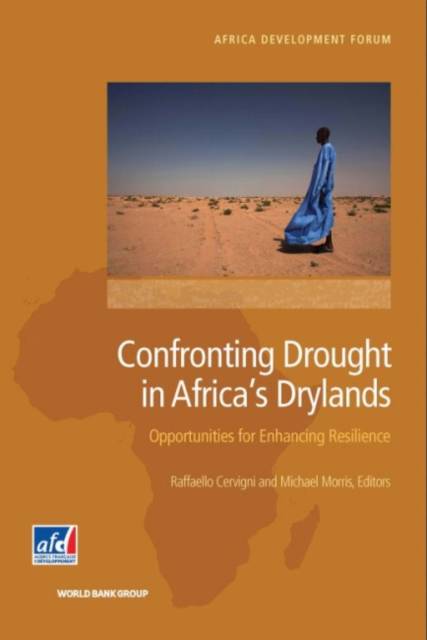
- Retrait gratuit dans votre magasin Club
- 7.000.000 titres dans notre catalogue
- Payer en toute sécurité
- Toujours un magasin près de chez vous
- Retrait gratuit dans votre magasin Club
- 7.000.0000 titres dans notre catalogue
- Payer en toute sécurité
- Toujours un magasin près de chez vous
Social Protection Programs for Africa's Drylands
Carlo del Ninno, Sarah Coll-Black, Pierre FallavierDescription
Social Protection Programs for Africa s Drylands explores the role of social protection in promoting the well-being and prosperity of people living in dryland regions of Sub-Saharan Africa, with a specifi c focus on the Sahel and the Horn of Africa. Based on a review of recent experience, it argues that social protection policies and programs have an important role in promoting the resilience of the people residing in these areas. Social protection programs, when well designed and carefully implemented at scale, can reduce vulnerability to droughts and other shocks and promote coping capacity. If present trends continue, by 2030 dryland regions of East and West Africa will be home to an estimated 429 million people, up to 24 percent of whom will be living in chronic poverty. Many others will depend on livelihood strategies that are sensitive to the shocks that will hit the region with increasing frequency and severity, making them vulnerable to falling into transient poverty. Social protection programs will be needed in the drylands to provide support to those unable to meet their basic needs. Some of these people will require long-term support, while others will require periodic short-term support because of income losses due to shocks (for example, crop failure following a drought) or as a result of lifecycle changes (for example, loss of a breadwinner). Safety net programs can increase resilience in the short term by improving coping capacity of vulnerable households. Rapidly scalable safety nets that provide cash, food, or other resources to shock-affected households can allow them to recover from unexpected shocks. Scaling up an existing safety net program can be far less expensive than relying on appeals for humanitarian assistance to meet urgent needs. Social protection programs can increase resilience over the longer term by reducing sensitivity to shocks of vulnerable households especially if combined with other development programs. Providing predictable support to chronically poor households and enabling them to invest in productive assets and access basic social services can effectively reduce these households sensitivity to future shocks, help them participate in the growth process, and take advantage of the investments made in agricultural and pastoralist activities proposed in the drylands."
Spécifications
Parties prenantes
- Auteur(s) :
- Editeur:
Contenu
- Nombre de pages :
- 82
- Langue:
- Anglais
- Collection :
Caractéristiques
- EAN:
- 9781464808463
- Date de parution :
- 12-08-16
- Format:
- Livre broché
- Format numérique:
- Trade paperback (VS)
- Dimensions :
- 178 mm x 254 mm
- Poids :
- 163 g

Les avis
Nous publions uniquement les avis qui respectent les conditions requises. Consultez nos conditions pour les avis.






